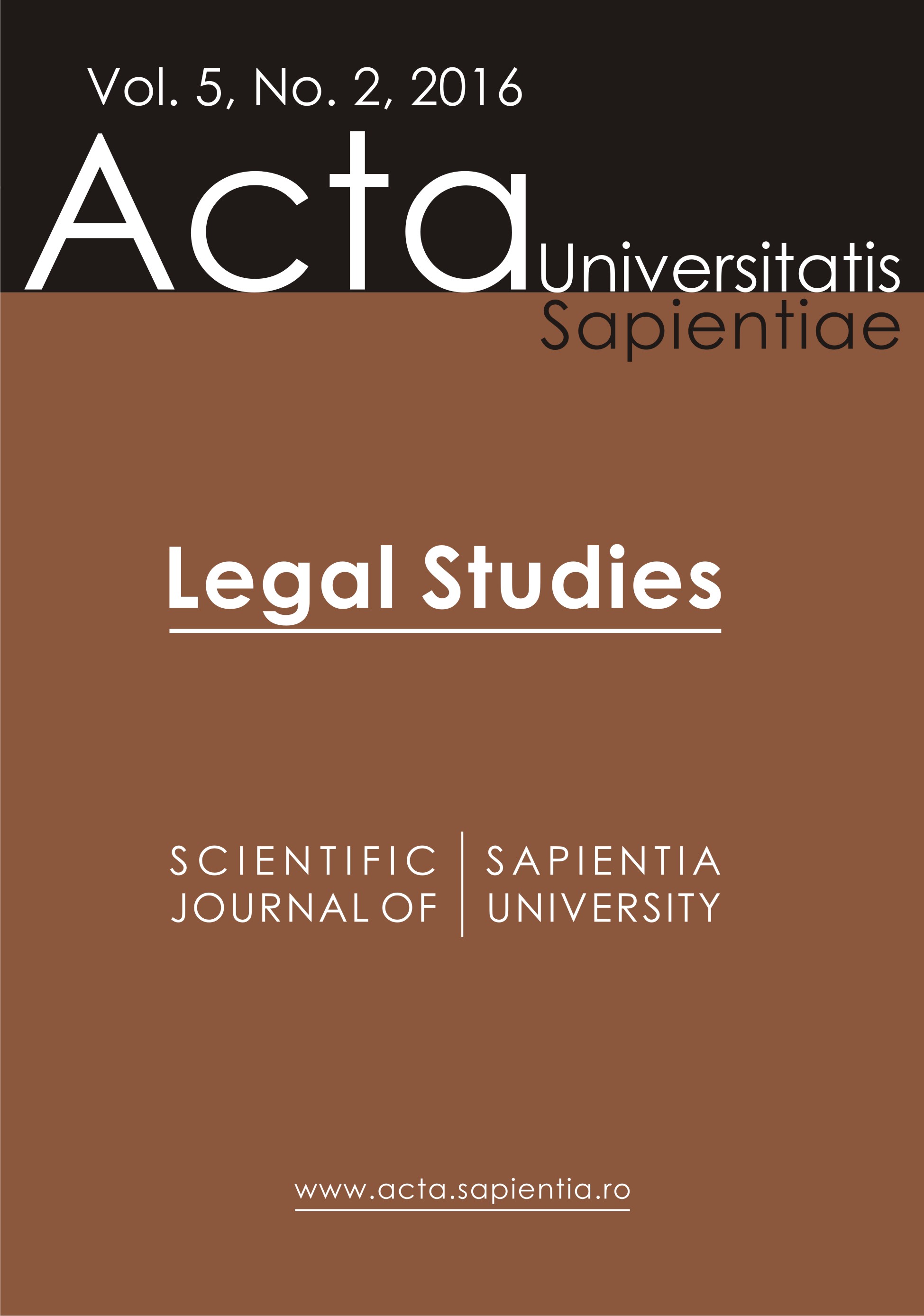A jogtudomány természete
The Nature of Legal Scholarship
Complexity and Modelling Function: Ideals and Limits
Author(s): Csaba VargaSubject(s): Law, Constitution, Jurisprudence, Philosophy of Law
Published by: Scientia Kiadó
Keywords: law as instrument; Rechtsdogmatik taken as model; axiomatism; systemicity
Summary/Abstract: Science is the systematic processing of knowledge on the world, sensed by human perception. The humanities, as peculiar part of scholarship, are based on the generalisation of historical experience. While scientific knowledge tends to get generalised, experience is particular from the beginning: it is defined from wherever and whenever it has been gained (or by what has been experienced hic et nunc), so it is limited in generalisability. As a subject of legal scholarship, law is (1) a global phenomenon embracing society as a whole, which is (2) able to settle conflicts of interests that emerge in social practice as fundamental, while (3) prevailing as the supreme controlling factor in society. Law – taken as (a) normatively considered social behaviour, (b) positivation, (c) decision making and/or enforcement by the authority, as well as (d) their commentary/doctrine – is an accessory subject of legal scholarship at the most; in no way it is an internal part thereof.Based on experience – as to its ideal type, best exemplified by the English tradition – legal scholarship is historical and comparative, directed by theoretical considerations. Systemically developed concepts, principles and institutions, ready to generalisation – best exemplified by the Latinic/Germanic tradition – can only be built on the former.All its foundation is provided by the ideal of ordo, developed by the world concept of the given society/culture. In its concretisation, particular legal sciences are formulating notions, principles and institutions. This is textual analysis in so much the inquiry is historical; this is empiric in so much it is of a social scientific character. Their scholarly developed connection is at the level of “legal science” only provided that it transcends the accidentality and practice-dependent variety of individual legal cultures and national laws. No law in books or action can be more relevant to it than any engineered product to exact sciences, for all these are nothing but parts of practical action or the policy thereof.Jurisprudence, taken as the conceptual modelling of a part of reality, is a historical offspring of the ideal of scientia materialised first in geometry and second in theology. Or, it is a kind of theoretical doctrine: potential and competitive, albeit organised into a coherent system. And as the humanities in general, it is at the same time an ideal-type reflection and form-giving factor – that is, genuine artificer – of the man’s world.
Journal: Acta Universitatis Sapientiae, Legal Studies
- Issue Year: 5/2016
- Issue No: 2
- Page Range: 309-325
- Page Count: 17
- Language: Hungarian

